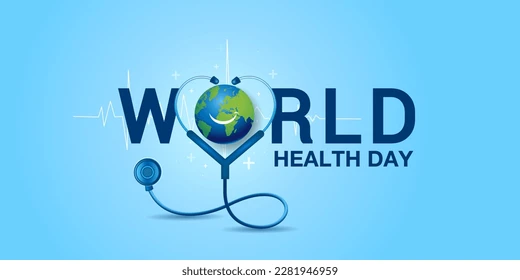By Muhammad Amaan
The Federal Government of Nigeria has reaffirmed commitment to equipped hospitals with modern infrastructure and train more frontline health workers for equitable access to healthcare services.
The Permanent Secretary, Federal Ministry of Health, Ms Kachollom Daju, said this in Abuja on Monday after a road walk tagged “Walk the Talk” to celebrate 2024 World Health Day (WHD).
The “Walk the Talk” is a World Health Organisation (WHO) programme aimed at achieving Goal 3 of the UN Sustainable Development Goals by 2030, while ensuring healthy lives, promoting well-being for all ages.
The WHD is a global health awareness day celebrated every year on April 7 to focus world attention to a health problem or issue that deserves special attention.
The global observance has “My Health, My Right” as the theme for 2024.
The permanent secretary, therefore, said that the celebration of World Health Day was to ensure that Nigerians exercised their right to health.
She added that the yearly walk was to create awareness on how to live healthy.
According to her, the country must work with stakeholders to achieve Universal Health Coverage (UHC).
She explained that “without health, we cannot have a healthy society so, we will ensure that quality healthcare is given to Nigerians.”
Daju advised Nigerians to always go for medical check-up “so as to start early treatment, should anything be detected.”
In his speech, the WHO Country Representative to Nigeria, Dr Walter Mulombo, said the road walk is to promote physical activity, well-being, and healthy lifestyle, among members.
Mulombo said that the day is celebrated to raise awareness about the importance of achieving Universal Health Coverage, where people would have access to full range of quality health services they need, when and where they need them, without financial hardship.
He noted that the theme of this year’s WHD is appropriate, as the right to good health is essential.
He added that WHO was created 76 years ago by Member States based on the principle of human rights, emphasising that “health is a fundamental human right, not a privilege.
“Today is an opportunity to monitor rights violation and tell the world why health is important.
“We have seen achievements over the years, starting with education.
“Also, a child missing vaccination is called human rights violation and mothers dying why giving birth is not acceptable.
“We must ensure that people know their rights when it comes to health.”




